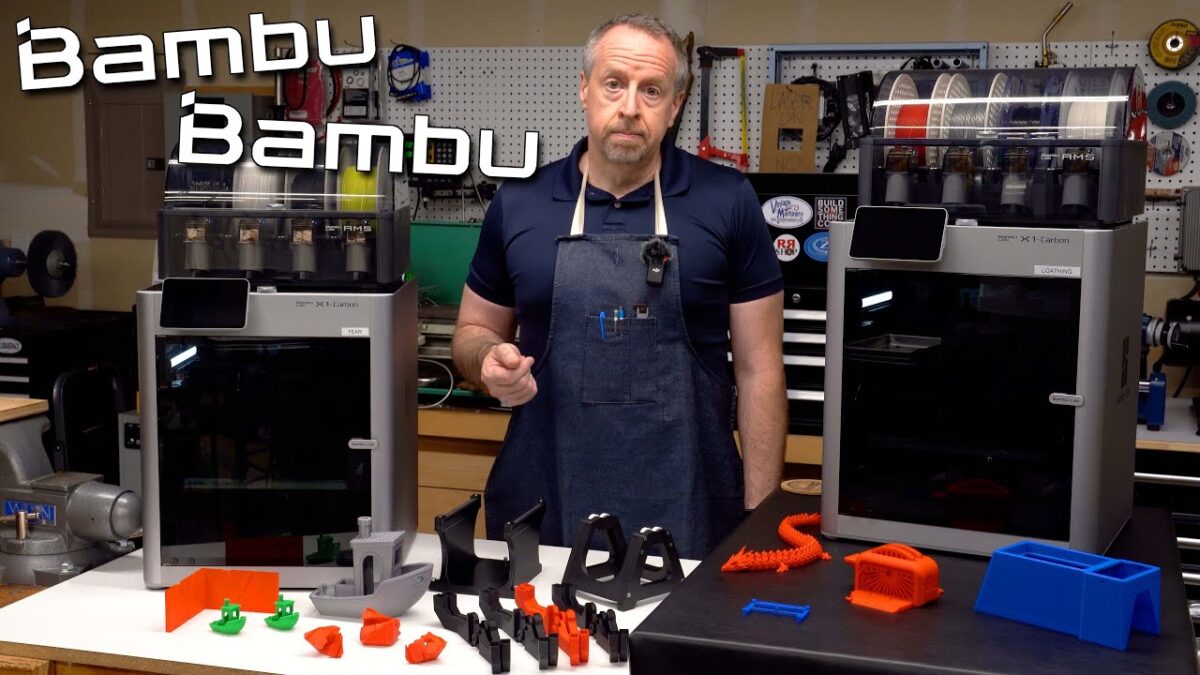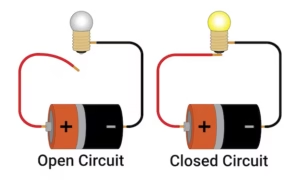During winter, keeping large rooms warm feels like a battle. When the central heating does manage to keep the room warm, it fails to do so effectively or leads to sky-high energy bills. This is where indoor electric heaters step in, providing targeted warmth with maximum energy savings. They are going to be a game-changer for large spaces. Let us now explore the best options to stay cozy and comfortable this winter.
What to Look for in an Indoor Electric Heater
Before choosing a heater, consider its wattage. A room with a large size needs a heater with a power of not less than 1500 Watts. Naturally, a heater of 1500 watts is efficient enough for warming an area measuring one hundred and fifty square meters. In large halls, you may require many sets or use the more powerful products in the line. Find out how many square footage your room occupies so that the heater you choose can handle it.
You May Like:
Winter Shoes: Why You Shouldn’t Wear Them Every Day
However, heating has never to be expensive especially during winter periods. First of all, consider the aspects of heaters with elements like natural, energy-efficient, and programmable modes. There is also a provision for timers, where you can preset heating times Whenever you are not in the house you can program the timer to reduce the amount of energy being used.
Child-proofing and pet-proofing are crucial no matter the type of house you want to build. The ones that should be chosen are the models that have an overheat protection provision and a tip-over switch. Heaters that have passed safety certification, such as UL or ETL, give added peace of mind.
There are two different types of electric heaters for indoor use.
Convectors heat air and then distribute it throughout the given area of space. They’re ideal for large rooms where heat is distributed evenly, and the next room will experience evenly heat distribution without spikes. However, they are often longer to warm up than the rest.
Infrared heaters make use of advanced technology where it heats objects and people instead of the air. Therefore, they are very efficient in targeted heating. You need immediate warmth in a particular area.
Compact and powerful, fan-forced heaters use a fan to force hot air into the room. They’re good for heating up quickly, but may not be as quiet as some others.
These heaters are great for efficiency, quiet operation, and retain heat. They use oil, which makes sure that heat is kept and steady even after it’s been switched off. Perfect for an overnight session in large rooms.
Check Out:
Winter Weather Advisory in Denver as Heavy Snow Blankets Colorado Mountains
Top Recommendations: Best Indoor Electric Heaters for Large Rooms
Heater A: The Power Performer
This high-capacity model offers robust heating for extra-large rooms. With adjustable thermostats and multiple heat settings, it ensures that each customer’s comfort level is met. Customers enjoy fast heating and reliability.
Heater B: Energy-Saving Champ
This heater was designed with energy efficiency as its top priority. The product comes with eco-modes and programmable timers. It is ideal for those who want to cut down on electricity without forgoing warmth.
Heater C: Luxury Comfort and Style
If aesthetics is a concern, this heater is a great choice because of its sleek design and advanced features. It combines luxury with functionality, offering precise heating control and quiet operation.
Heater D: Best Budget-Friendly Option
Affordable but effective, this model is ideal for those seeking a no-frills heating solution. Although it is priced low, it offers impressive performance and durability.
Tips for Maximizing Heater Efficiency in Large Rooms
Proper placement is key to efficient heating. Place the heater in a central location or near areas where warmth is most needed. Avoid obstructing airflow with furniture or curtains.
Good insulation can make a world of difference. Seal windows and doors to prevent heat loss, and consider using thermal curtains for added efficiency.
Did you know ceiling fans can help circulate warm air? Set them to rotate clockwise at low speed to push heat down and distribute it evenly.
Indoor electrical heaters safety tips
It’s important that use the equipment as per the manufactures recommendations on how to use it safely. Also do not use an extension cords, this is because they emit heat. However, for your heaters, make sure you don’t use the extension outlet by plugging into the wall directly.
Check occasionally the heater you use for dusts and other signs of wear and tear. Make sure that vents are well cleaned and heating elements are okay so that it can work well.
Avoid electrical problems by ensuring that the heater has a circuit on its own. Do not overload easily using multiple electrical appliances with higher wattage on one socket.
Choosing a Heater for a Large Room: Guide
Estimate the size of your room and focus on its height ceilings and it layout. More open-concept and larger rooms may need more powerful heaters.
Set a budget and identify your priorities. While premium models are fantastic with many features, good heaters can be bought even at budget prices.
Consider long-term savings through the energy-efficient models. Those that have eco-modes or programmable settings usually pay off in the long run.
Conclusion
It does not have to be difficult to find the right indoor electric heater for a large room. You will have to take into account your space, budget, and preferred features so you can pick the best heater that will keep you cozy all winter long. There’s a heater out there to match your needs, be it a powerful performer or a budget-friendly option. Stay warm, stay safe, and enjoy a comfortable winter season.
FAQs
1. How many BTU is needed for a large room? In particular, to heat a large room, the heater must have a power of at least 1500 watts. Measuring one’s room correctly to obtain the correct square footage is crucial.
2. Are infrared heaters more energy efficient?
Infrared heaters are very energy efficient as they heat up objects, which means no energy goes to waste.
3. Can electric heaters be turned off overnight?
Most heaters can stay on all night if it includes a lot of safety features such as an overheat feature and timer; look to the manufacturer for recommendations
4. How do you keep electric heaters maintained?
Clean all vents on the heater often and visually inspect the unit, follow what the manufacturer deems as safe maintenance practices.
5. What kind of electric heater is safest for families?
Oil-filled radiators and tipped-over and overheated-protected heaters make excellent choices for family homes.



















